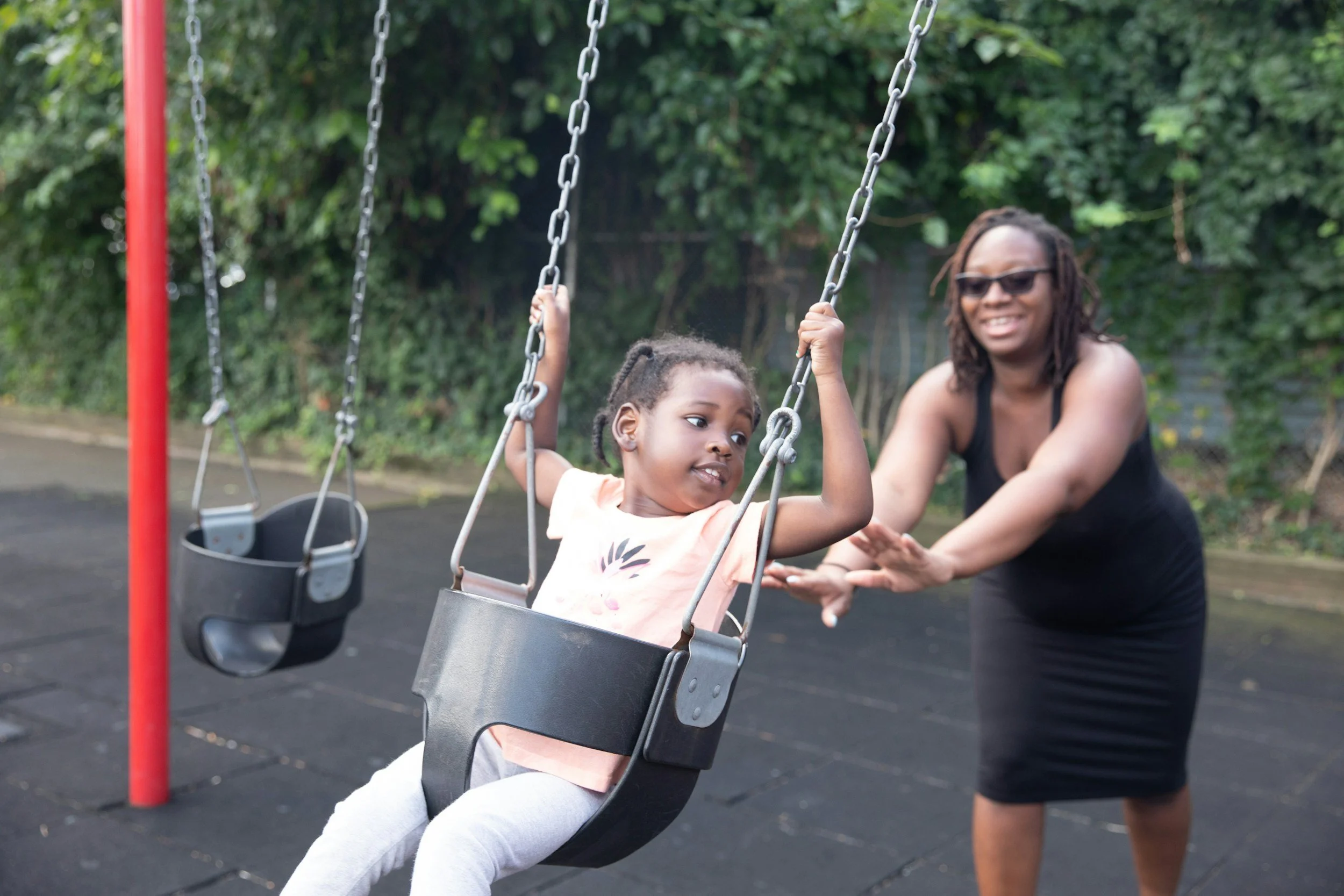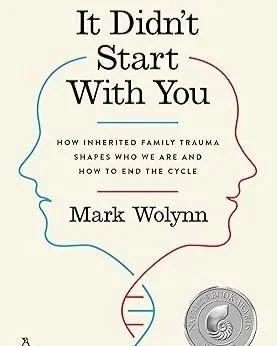
Mental Health Blog
Advanced Counseling of Bozeman believes you are your own best healing resource — and you don’t have to do it alone.
Explore our blog for perspectives and tools to support your journey toward better mental health and lasting wellbeing. We believe in using evidence-based, heart-centered methods and trusted, effective modalities to achieve the peaceful, purposeful, and fulfilled life that you deserve.
Acquaint yourself with the work of our experienced clinicians and see if their work speaks to you.

Back to Basics: Nutrition, Sleep, and Mental Health
Your brain’s health isn’t just shaped by therapy or mindfulness — it’s built on what you eat and how you sleep. Nutrition fuels focus, mood, and resilience, while quality sleep restores your mind and body. When one is off, the other suffers, and so does your mental health. Small, consistent shifts in your meals and bedtime habits can create a powerful ripple effect toward feeling clearer, calmer, and more balanced.

Your Nervous System is Working Overtime — And it’s Draining Your Energy Bank
Feeling completely wiped after a tough day, even if you never broke a sweat? That’s your nervous system burning through energy reserves. Learn how to spot the signs, understand the science, and use simple tools to help your body reset, recharge, and recover.

Full Moon, Big Feelings? Why Kids Might Feel a Little More Dysregulated During Solar Shifts
Ever notice your kids get extra energetic, sensitive, or emotional around a full moon? While science doesn’t fully back the idea that lunar phases directly change behavior, the shifts in routines, energy, and expectations during this time can make a difference. Learn why these changes can throw off kids’ regulation — and get practical tips to help everyone feel calmer, sleep better, and enjoy the magic of the moment.

Focused Attention: A Practice for Mental Well-being
Mindfulness is more than a buzzword — it’s a skill that can reduce stress, improve focus, and bring a greater sense of calm into daily life. In this post we explore what mindfulness is, how it’s used in therapy, and simple ways you can start practicing it today.

Therapists on Four Legs: How Dogs Support Mental Health Every Day
If you’ve ever felt instantly calmer when a dog curled up next to you or found yourself smiling at a goofy tail wag, you’re not alone. In honor of National Dog Month, we’re highlighting the many ways dogs can help reduce stress, ease loneliness, and even support mental health treatment. Whether you're already a dog lover or just curious, this post is a reminder of how powerful (and healing) four-legged friendship can be.

Couples and Sex – Let’s Try Some Low Stakes Connecting!
If you and your partner are feeling out of sync when it comes to touch or closeness, you’re not alone. In this post, we offer low-pressure ways to rebuild physical connection without diving straight into sex. Think small gestures, shared moments, and gentle curiosity. Sometimes, it’s the smallest touches that bring us back to each other.

Anxiety, Fear Avoidance, and Exposure Therapy
Avoidance might feel protective in the moment, but over time, it can quietly shrink our world. In this post, we explore how exposure, when done thoughtfully, can reduce anticipatory anxiety, shift our internal beliefs, and help us reclaim parts of life we’ve been avoiding.

The Power of Naming Your Emotions
“I don’t even know what I’m feeling right now.” If that sounds familiar, you’re not alone. Many of us never learned how to name our emotions — but doing so can make a big difference. This blog explores how simply identifying what you feel can calm your nervous system, reduce overwhelm, and help you respond more intentionally.

How Do I Play with My Kids?: A Quick Guide to ‘Together Play’
Feeling disconnected from your kid lately? You’re not alone. Between work, chores, and just trying to make it through the week, quality time with our children can start to feel like just another task. This guide offers a simple, practical approach to help you reconnect — not by doing more, but by tuning into how your child plays and rediscovering your own playful side.

Components of Healthy Relationships and How to Build Them: Part 1 of 5
Healthy relationships — whether with partners, friends, or family — are built on effective communication. This post offers practical tools like active listening, “I feel” statements, and reflective listening to help you express yourself clearly, reduce conflict, and strengthen connection.

Sex Ed Probably Didn’t Teach You What You Really Needed
Sex education doesn’t end in adolescence — especially when it was confusing, shaming, or incomplete. This post explores how early messages about sex and relationships can shape our adult lives, and how therapy can help unpack and heal the impact.

Permission to Take Up Space: Reclaiming Your Life from People Pleasing
So many of us move through life on autopilot — overcommitted, burned out, and unsure how we got here. Especially for people pleasers, the idea of living a life that feels good can seem foreign or even selfish. This post explores how therapy can help you reconnect with your needs, set boundaries, and rediscover a sense of joy and self-worth.

Understanding Your Teenager’s Brain
Adolescence is a time of rapid brain development, emotional intensity, and growing independence — which can make parenting teens feel overwhelming. This post explores what’s happening in the teenage brain and offers practical, relationship-focused strategies to support connection, communication, and resilience during this transformative stage.

Book Review: It Didn’t Start With You
In It Didn’t Start With You, Mark Wolynn explores how unresolved trauma can be passed down through generations — and what we can do about it.

Navigating Unsolicited Advice: Boundaries and the Power of Choice
When advice comes uninvited, it can feel more like pressure than support. This post explores why people give unsolicited advice, how it impacts us, and ways to respond without resentment or disconnection.

Harassment in the Workplace: The Hidden Mental Health Toll
Workplace harassment doesn’t just impact job satisfaction — it can quietly wreak havoc on mental health. In this post, we unpack the many forms of harassment, explore why it often goes unspoken, and offer support strategies for those affected.

Why I Unplug from Social Media for the Month of August
Unplugging from social media each August helps me reset, reconnect, and practice the presence I encourage in therapy. This post explores how a digital detox can reduce stress, improve sleep, and support emotional well-being.

How Do We Play?: Incorporating Play as an Adult
Play isn’t just for kids — it’s a powerful part of adult mental health, too. In this post, we explore the 8 “play personalities” and how you can rediscover what lights you up. Not sure what your play style is? That’s okay, let’s get curious together! Because the more we play, the more fully alive we feel.

Keeping a Routine in the Summer: Why It Matters (and How to Make It Work)
Summer can be a blast — but the lack of routine can throw kids (and parents) off balance. This post shares simple, flexible ways to build a summer rhythm that supports regulation, reduces stress, and still leaves room for fun.

Grief, The Last of Us, and What it Means to Keep Going
Grief doesn’t follow a script — it can be quiet, angry, numb, or all of the above. This post explores how The Last of Us reflects the many faces of grief and what it means to carry love forward after loss.
